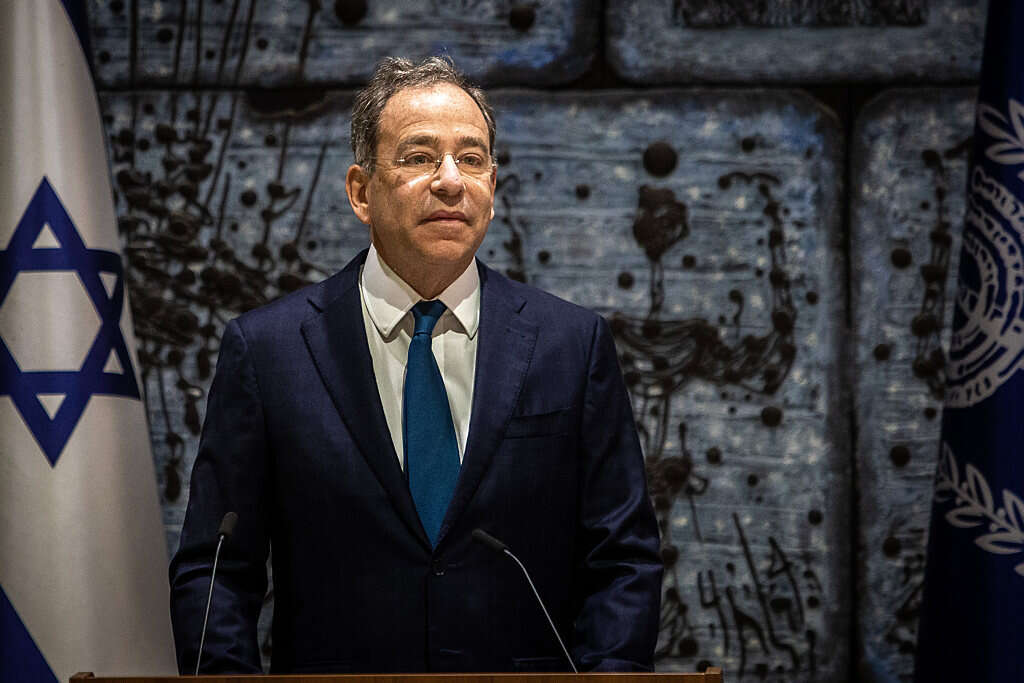In good news amid the ongoing saga of visa waivers for Israelis traveling to the United States, the US State Department has promised to save Israel's spot on the short list of countries eligible to enter the waiver program every year, Israel Hayom has learned. Reservation on the list is conditioned on Israel meeting all the required criteria for inclusion in the program.
Follow Israel Hayom on Facebook, Twitter, and Instagram
The process, already in its advanced stages, has stalled due to the Likud party's objection to voting in favor of the necessary legislation in the Knesset. Initially, Opposition Leader Benjamin Netanyahu's office told the Americans he would support the legislation, but his Likud party changed its policy after the Knesset voted to dissolve, conditioning support for the legislation on a series of concessions by the coalition. The sides failed to reach an agreement, and the waiver issue has since been stuck in limbo.
According to the agreement with the Americans, Israel and the US must provide each other with access to criminal records and the information-sharing agreement will allow each side to file 1,000 inquiries regarding the criminal records of citizens seeking to cross their respective borders. Opening up Israel's criminal database to another country requires legislation.
To clarify, the USVWP does not grant the US full and unlimited access to Israel's criminal databases and vice-versa.
Being included in the US visa waiver program would enable all Israelis to visit the United States for up to 90 days for tourism or business.

Currently, Israelis seeking to travel to the US, even briefly, must go through a lengthy visa application process.
Israel would become the 40th party to the USVWP and US President Joe Biden told then-Prime Minister Naftali Bennett last year that he wanted to see an agreement come to fruition.
Inclusion in the USVWP also requires countries to provide reciprocal privileges to all US passport holders at all points of entry. This will mean allowing all US citizens in Gaza and Judea and Samaria visa-less entry into Israel – which Israel does not currently grant due to security concerns.
Another requirement is for Israel to lower its visa rejection rates from the current rate of 4.5% to 3% or lower.
US Ambassador to Israel Tom Nides views Israel's inclusion in the visa waiver program as his personal project and has been said to be unhappy about the delays. After finding out that Netanyahu would not support the legislation, Nides asked to speak with the former prime minister and even visited the Knesset in an attempt to change the decision.
In an interview with Israel Hayom in June, Nides said, "There's a lot of things Israelis need to do legislatively through the Knesset, which we are working on. There's a reason why people have been trying to do this for 15 years, and it hasn't gotten done. Maybe we can get it done this year ... This is a herculean task, and I have a lot of people working on this. We're doing this for the Israeli people, to ease their ability to travel to the United States."
Subscribe to Israel Hayom's daily newsletter and never miss our top stories!




